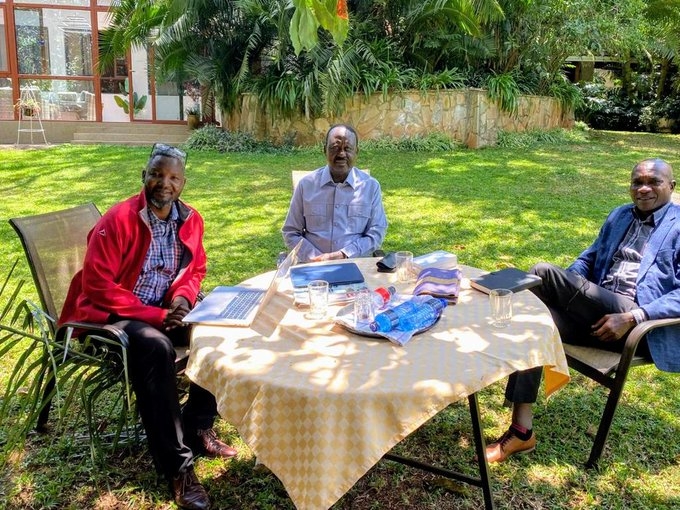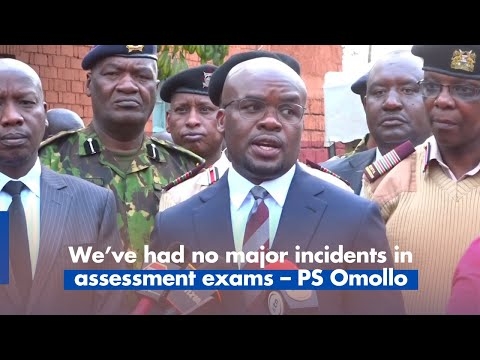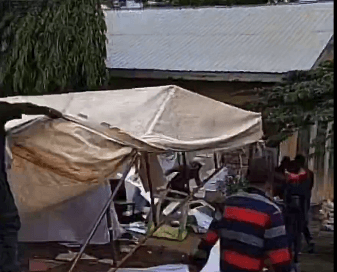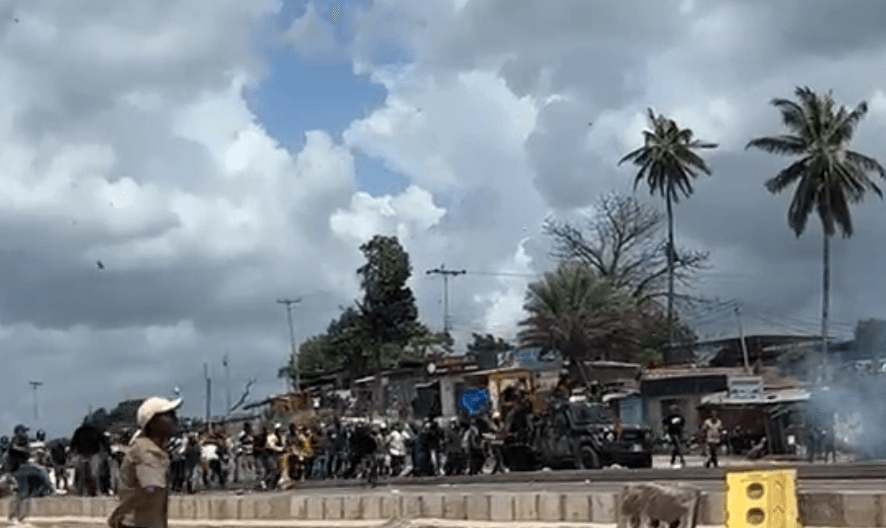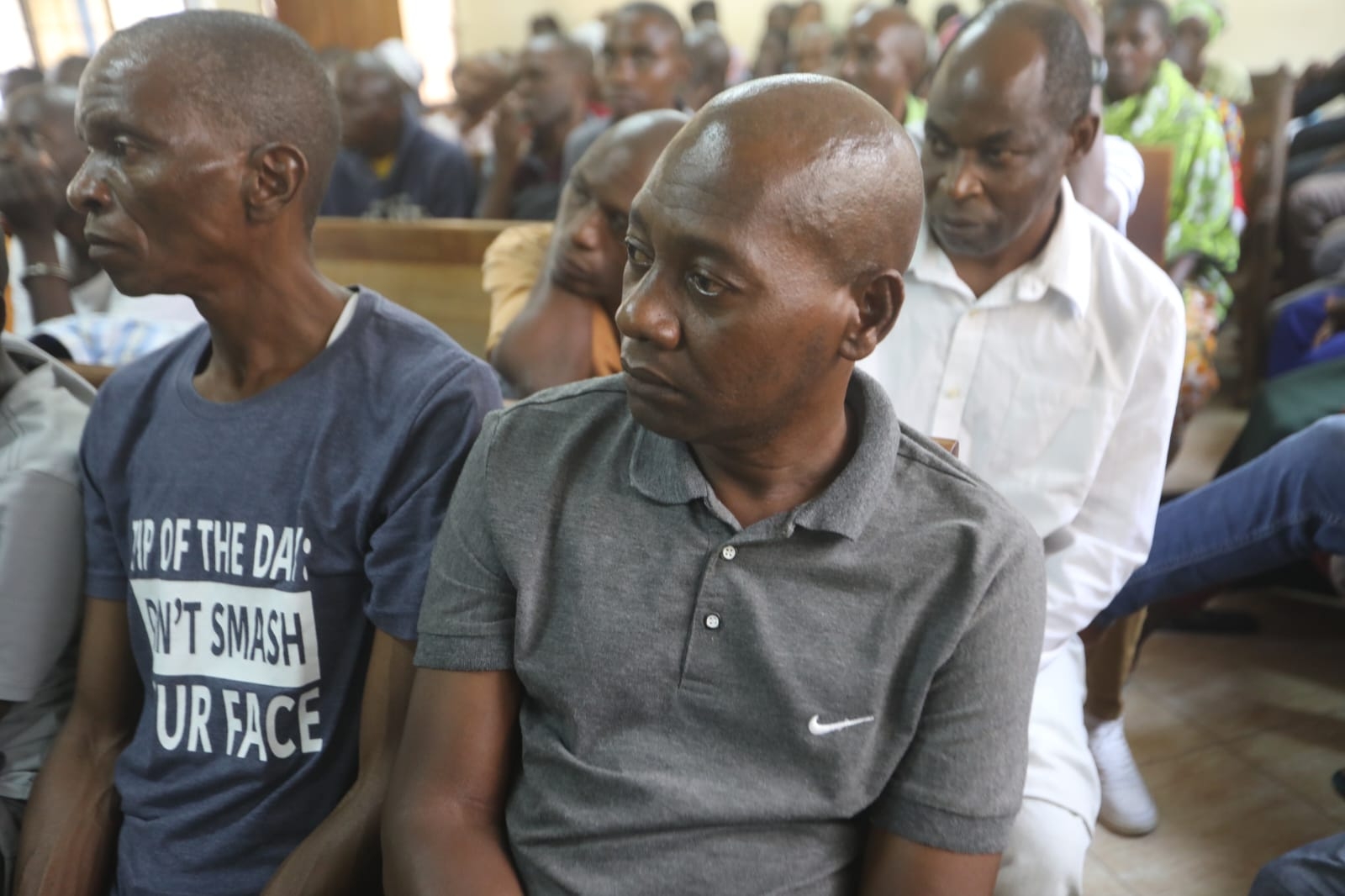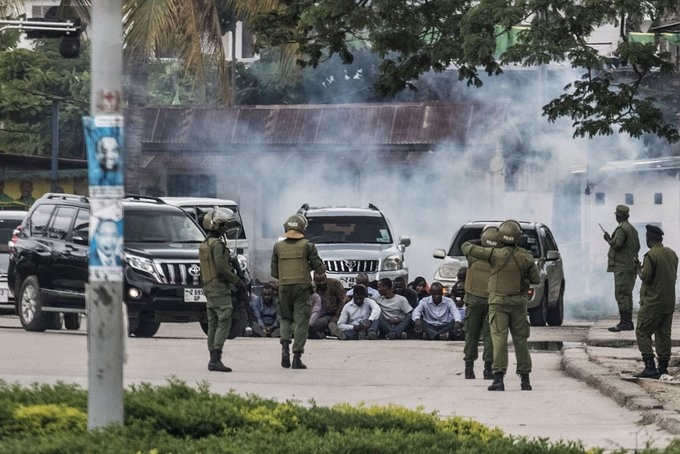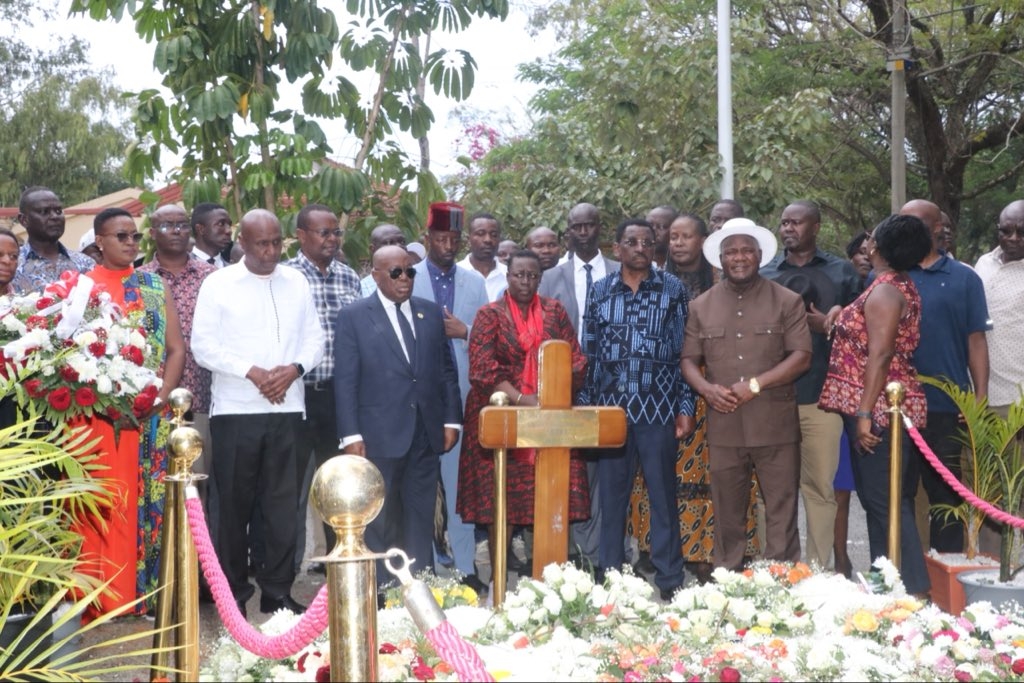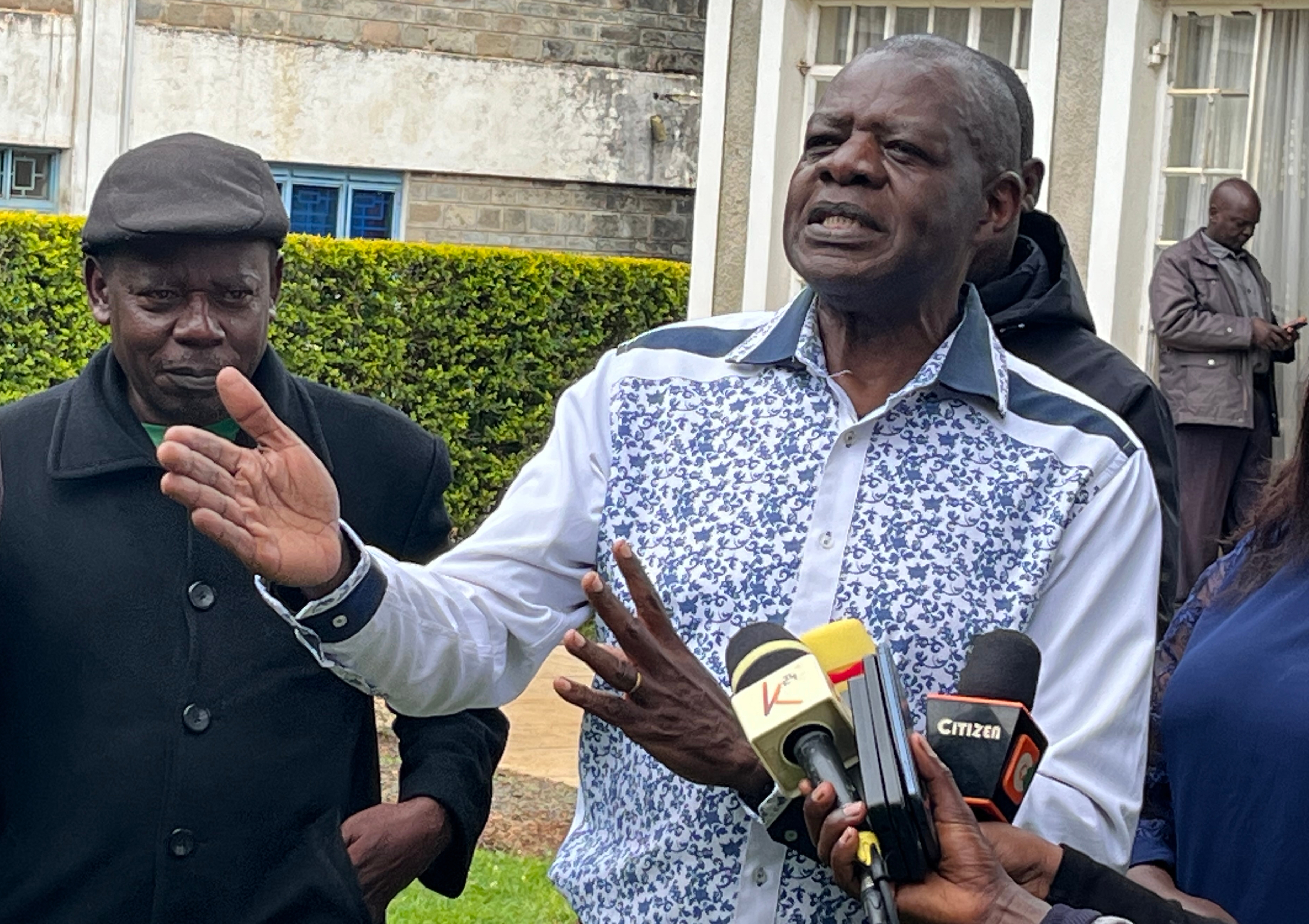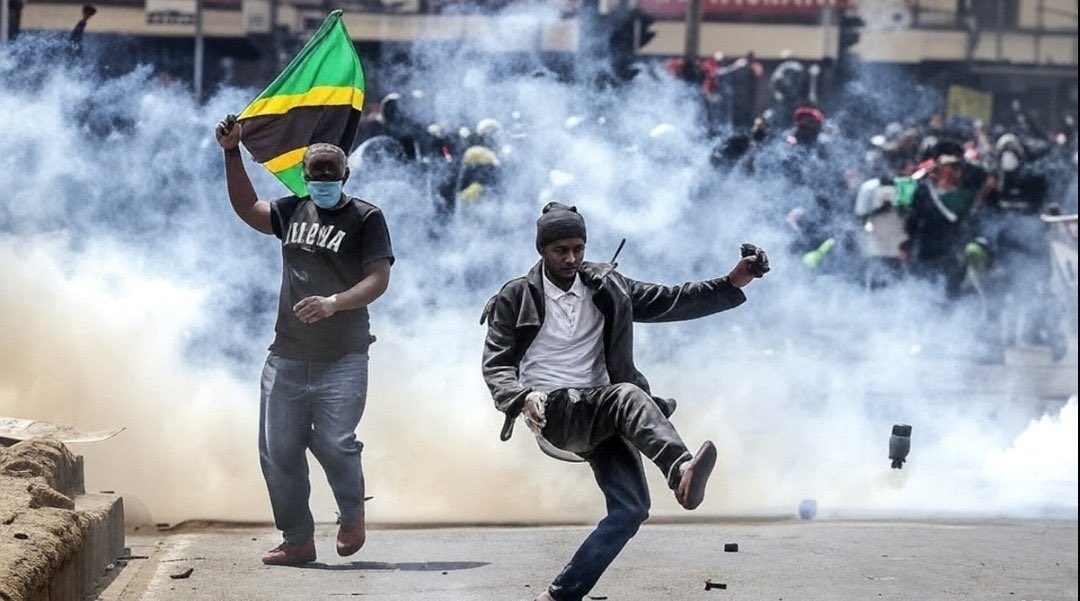Global concerns over information pollution through disinformation, foreign manipulation of information and malice have gained ground especially in Europe, as was in Africa in relation to radicalisation, violent extremism, and terrorism a few years ago, and genuinely so.
With increasing tensions in parts of Europe, wars in Asia and technology wars pitting the USA against China, the media and communication space has become the main player under scrutiny.
Demands for information integrity and responsible use of digital platforms has gained currency as communities deal with the expanded space for freedom of expression and access to information.
In addition to global professional standards on regulation of information outlets including journalists which is generally accepted, some issues, which thought platform providers had though well handled through the community rules, seem disturbing thus attracting attention.
Most importantly is the issue of harmful content, including but not limited to hate speech, disinformation, and foreign information manipulation.
Media, both liberty and digital spaces have become the oxygen of the disinformation and foreign manipulation of information globally. Media directly and indirectly has been drawn into this global conflict, by way of being the main arena where the pollution of information is happening, and in equal measure is the place where efforts on information integrity, accountability and influence have to focus.
It is no longer about interventions to strengthen independent public interest media alone in dealing with the threat of information overload, garbage and weaponisation to cause global trauma and fear just like during the peak in terrorism, or Covid-19 and related, but more deliberate strategies to involve media in building the resilience in dealing with the massive disinformation currently facing the world.
Disinformation about vaccines, climate change, national development, innovations, global economics, democracy, wars, education and or health are a big threat to humans now than ever before.
Increasingly because of the critical role the media plays in amplifying freedom of expression and access to information by citizens, and from numerous studies that indicate that the media is the oxygen for criminal activities including terrorism, foreign manipulation of information and disinformation campaigns, a lot discussions and action along either coming up with laws or administrative codes to reduce space for freedom of expression , targeting liberty media and more specially digital platforms.
Media and communication regulators are being asked to come up with urgent strategies, to put the media in central roles in dealing with the effects of disinformation and information pollution without compromising freedom of expression.
Notably and in a panic mode, many countries are coming up with laws that criminalise freedom of expression especially through digital platforms in the guise of dealing with publication of false news and disinformation.
Several countries have come up with cybercrime and computer misuse laws, administrative codes that require a national security approach to dealing with disinformation and pollution of the information space and national crackdowns of suspected individuals using the media to spread false news.
Away from the focus on guidelines and laws and given the centrality of a professional media in such global campaigns such as cleaning the information space through information integrity and accountability without threatening the fundamental human right of freedom of expression, global players must seriously think and invest in the protection of independent and pluralistic media.
Remember within this threat by global disinformation and manipulation of information, media is going through financial challenges that have seen increasingly a very unethical and unprofessional media. Strategies must put media support at the centre of national communication management even as they invest in the national security and cyber security infrastructure. In addition, national support and mainstreaming of media and information literacy in national strategies is a MUST in this effort towards information integrity.
We need a very broad based and one society approach to the problem of disinformation and information manipulation that already has shaken the basic democracy requirements, collective action with minimum trampling on basic human rights like freedom of expression and access to quality information, with focus on empowering citizens reaping the benefits of the new technology goodies including AI, rather than causing a scare on citizens.
Strengthening community and citizen resilience on dealing with the new world order is more urgent and important than mitigating the new developments. Adaptation is more urgent even maintain a hand on mitigating the effects of the polluted media and communication space.
The media must be helped to identify global foreign information manipulation aimed at scaring global citizens empowered to ensure that news disseminated is accurate, relevant and devoid of defamatory content.
We don’t need to criminalize the platforms, but platform providers cannot remain aloof to the challenges that come with the innovations and must be robust in working with others to ensure responsible use of their platforms. Information shared must be useful to the communities.
People want credible media platforms and outlets to share factual news by legitimate media practitioners even as weave through the current infodemic, which has raised the need to have honest discussion on approaches to media regulation and content moderation.
For example, the Government of Kenya has prioritized strategic communication in its interventions on violent extremism in the National Strategy to Counter/Prevent Violent Extremism (NSCVE). Include media in all national response mechanism against disinformation interventions. crisis communication as partners.
When properly handled, the media can be very helpful to Government responders, because the speed at which media can communicate to their vast number of viewers, listeners, and readers in, for example, issuing public safety messages, appealing to witnesses or for giving out emergency information telephone numbers is very strategic when dealing with terrorism matters.


